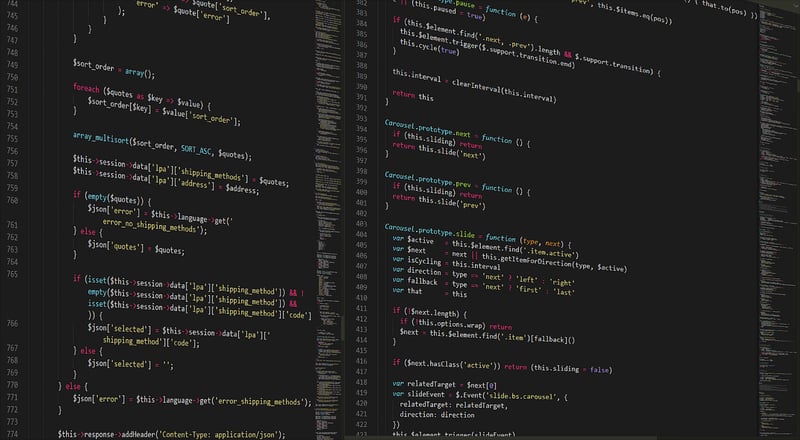Temporal Moral Code
The Moral Implications of a Temporal Moral Code
In today's fast-paced world, where societal norms and values are constantly evolving, the concept of a temporal moral code has become increasingly relevant. A temporal moral code refers to a set of ethical guidelines that are adapted to the current time period, taking into account the specific social, cultural, and technological contexts of the moment.
Why Consider a Temporal Moral Code?
With rapid advancements in technology, changes in cultural attitudes, and shifting political landscapes, what was considered morally acceptable in the past may no longer hold true today. By embracing a temporal moral code, individuals and societies can navigate these complexities and make ethical decisions that are more in tune with the present reality.
The Moral Implications
One of the key implications of adopting a temporal moral code is the acknowledgment that ethical standards are not fixed but rather fluid and subject to change. This recognition challenges individuals to constantly reevaluate their beliefs and behaviors in light of current circumstances, promoting a more dynamic and adaptable approach to ethics.
Benefits of a Temporal Moral Code
- Relevance: A temporal moral code ensures that ethical standards remain relevant and applicable in a rapidly changing world.
- Flexibility: By being open to updating moral guidelines, individuals can better respond to emerging ethical dilemmas and complexities.
- Progress: Embracing a temporal moral code can promote social progress by challenging outdated norms and fostering inclusivity and equality.
Challenges and Criticisms
Despite its potential benefits, a temporal moral code is not without its challenges. Critics argue that constantly shifting ethical standards can lead to moral relativism and a lack of foundational principles. Balancing the need for flexibility with the importance of moral consistency remains a central dilemma in the discussion of temporal ethics.
Conclusion
As we navigate the complexities of the modern world, the concept of a temporal moral code offers a framework for addressing ethical questions in a nuanced and context-specific manner. By recognizing the fluid nature of ethics and embracing the need for adaptation, individuals and societies can strive towards a more conscientious and reflective approach to morality.

